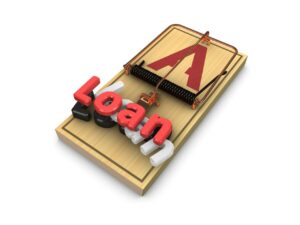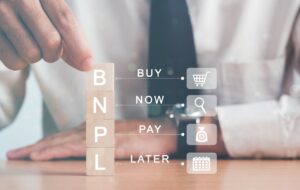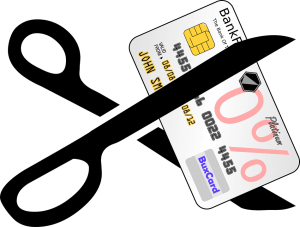
If you are on a debt treadmill, where you are trying your best to pay down your debts but never really gain any traction, you might be considering consolidating your debt as an option. Certainly, there are a lot of positives in trying to consolidate your debts as a wise repayment strategy, but there are some things to consider.
“If you are juggling multiple credit cards, you may only be able to put down minimum payments every month. When you only pay your minimum payment, you are paying mostly your interest charges. As a consequence, your balance doesn’t really go down and you will get frustrated,” says Jeff Schwartz, executive director, Consolidated Credit Canada.
“Consolidating your debt provides you with an efficient strategy that lets you combine your debts and focus your income on paying down that debt. The key is to be committed and to understand how debt consolidation fits into your overall money management plan,” says Schwartz.
DIY debt consolidation
One option you may consider is trying to consolidate your debts yourself. If it works for you, combine your debts using a balance transfer to one card (preferably one with the lowest interest rate). You can then focus your payments in one place, paying more than the minimum and reducing the debt in an efficient manner.
Close the other cards in the meantime, so that you are not tempted to rack up additional debt.
A consolidation loan
Another debt consolidation option is to get a loan from your bank or work with your credit counsellor. If you are able to do so, this can be a good option for a number of reasons.
If you’ve had trouble spending within your means on credit cards, then open credit (i.e. credit that you can pay down and spend on again) is probably not for you. An installment loan (like that which you’d receive for debt consolidation) means set payments every month until the debts are gone.
In many cases, an installment loan will offer lower interest rates than some credit cards. Typically, by consolidating your debt payments into one with a lower interest rate, you’ll have more cash flow available to pay down your debt even quicker. Adopting this strategy will not only help you pay off your debt but will encourage a cash-only lifestyle.
Some points to consider before you consolidate
While consolidation offers a great opportunity to become debt-free, there are a few things you’ve got to consider so that you’ll stay on track.
Resist the temptation to use credit. If you rack those cards back up again, you’ll be in a heap of debt trouble, likely worse than before. Limit the risk by keeping one card open, for emergency use only.
While consolidation gets you on track to pay down your debts, it doesn’t do much to address your debt problem. If you’ve accumulated debt as a result of a single life event that has turned your finances upside down, that’s one thing. But if you find yourself deep in debt because of a spending addiction, an inability to live within your means or gambling, you’ll want to address those issues separately to make sure that your debt load stays under control for good.
While living a cash-only lifestyle is a responsible move, closing out all your credit can harm you in the long term. It’s important to build a solid credit history over time so that you can achieve your financial goals. This means displaying responsible credit habits, by charging a small amount and paying the balance in full every month.
Are you going nowhere fast with your debt load, despite your best efforts? We can help you get on track to pay those debts down once and for all. Contact one of our trained credit counsellors at (844)-402-3073or visit our free online debt analysis.




